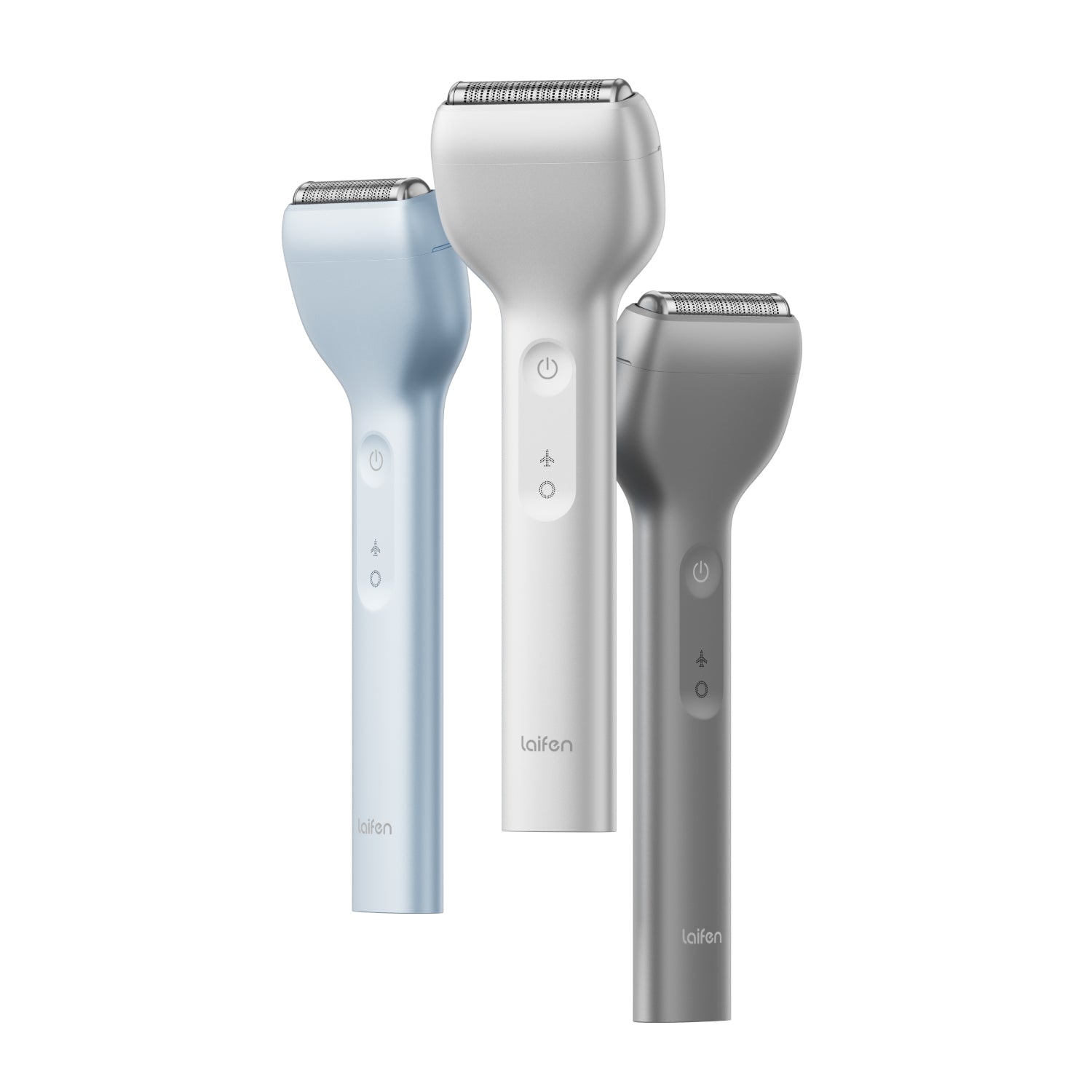
In this article
Do you have periodontitis? Choosing the right toothbrush plays a crucial role in managing the condition. There are significant differences between traditional manual toothbrushes and electric toothbrushes. But which one is better for periodontitis?
Periodontitis is a gum disease that should be taken seriously, as it affects the gums and often the jawbone as well. Proper dental care is essential for improving the condition. But what kind of toothbrush should you use for periodontitis? In this article, you'll learn which toothbrush is the best choice.
What is periodontitis?
Periodontitis, also known as gum disease, is an inflammation of the gums caused by bacteria. These bacteria multiply and build up in the mouth. If left untreated, periodontitis can damage the tissues and bones that support the teeth. In the worst-case scenario, it can lead to tooth loss.

Periodontitis affects many people and is often accompanied by pain, making thorough dental care especially important. Choosing the right toothbrush can make a big difference in managing the condition. But which toothbrush is the best choice for periodontitis? In the next section, we’ll discuss what to look for.
Periodontitis: why the right toothbrush matters?
For people with periodontitis, the gums are usually more sensitive. Using the wrong toothbrush can irritate the gums further, making the condition worse. Therefore, the toothbrush must provide gentle yet thorough cleaning to protect the gums and aid in their healing.
The Best Toothbrush for Treating Periodontitis – What to Look For
There are many toothbrushes available, but not all are suitable for those with periodontitis. Here are some important features to consider:
- Soft bristles
- Small brush head for better access
- Gentle cleaning to avoid irritation
- Ergonomic handle for ease of use
- Designed for sensitive gums
- Gentle vibrations (electric)
- Long battery life for electric models
- Effective plaque removal
A toothbrush for treating periodontitis must be both gentle and effective. With many options on the market, it can be challenging to find the right one, but these features will help guide your decision for the best results.
Electric toothbrush for treating periodontitis – a better option?
Electric toothbrushes are often a great choice for treating periodontitis. They provide more thorough and gentle cleaning. Here are the advantages of using an electric toothbrush:
- Thorough cleaning
- Gentle vibrations
- Can reach every corner
- Easy to use
Using an electric toothbrush makes cleaning easier and gentler, which is ideal for those with sensitive gums.
Soft-Bristle Toothbrush for Periodontitis – The Best Choice
A soft-bristle toothbrush is gentle on the gums but still offers effective cleaning. This helps protect your gums and prevents further damage.
Benefits of a Soft-Bristle Toothbrush:
- Gentle on gums
- Avoids irritation
- Provides thorough cleaning
- Easy to handle
- Good for sensitive teeth
- Protects the gums
- Reduces inflammation
- Preserves tooth enamel
A soft-bristle toothbrush is a great option for people with periodontitis, ensuring a balance between effective cleaning and gum protection.
The Perfect Combination: Toothpaste and Toothbrush for Treating Periodontitis
It’s not just the toothbrush that matters—you also need the right toothpaste. Anti-inflammatory toothpastes help support gum health. When combined with the proper toothbrush, they enhance the healing process.

Toothpaste Tips:
- Anti-inflammatory ingredients
- Contains fluoride
- Strengthens the gums
- Prevents plaque buildup
- Gentle formula
- Supports healing
- Free from irritating substances
Toothbrush for Sensitive Teeth – The Right Choice
Electric toothbrushes are especially suitable for sensitive teeth, and the Laifen Wave is a great option. It’s an ideal choice for those with periodontitis.
Experts agree that the Laifen Wave electric toothbrush is an excellent choice. It provides gentle vibrations and thorough cleaning. The fine bristles are gentle on sensitive gums, and its different speed settings make the cleaning process extra comfortable.
Conclusion: Which Toothbrush Is Best for Periodontitis?
If you have periodontitis, choosing the right toothbrush is crucial. Gentle yet thorough cleaning is essential. Whether you prefer an electric or manual toothbrush depends on your personal preference. However, always make sure to use a soft-bristle toothbrush and be gentle with your gums. This approach will help you effectively prevent and treat periodontitis.
















